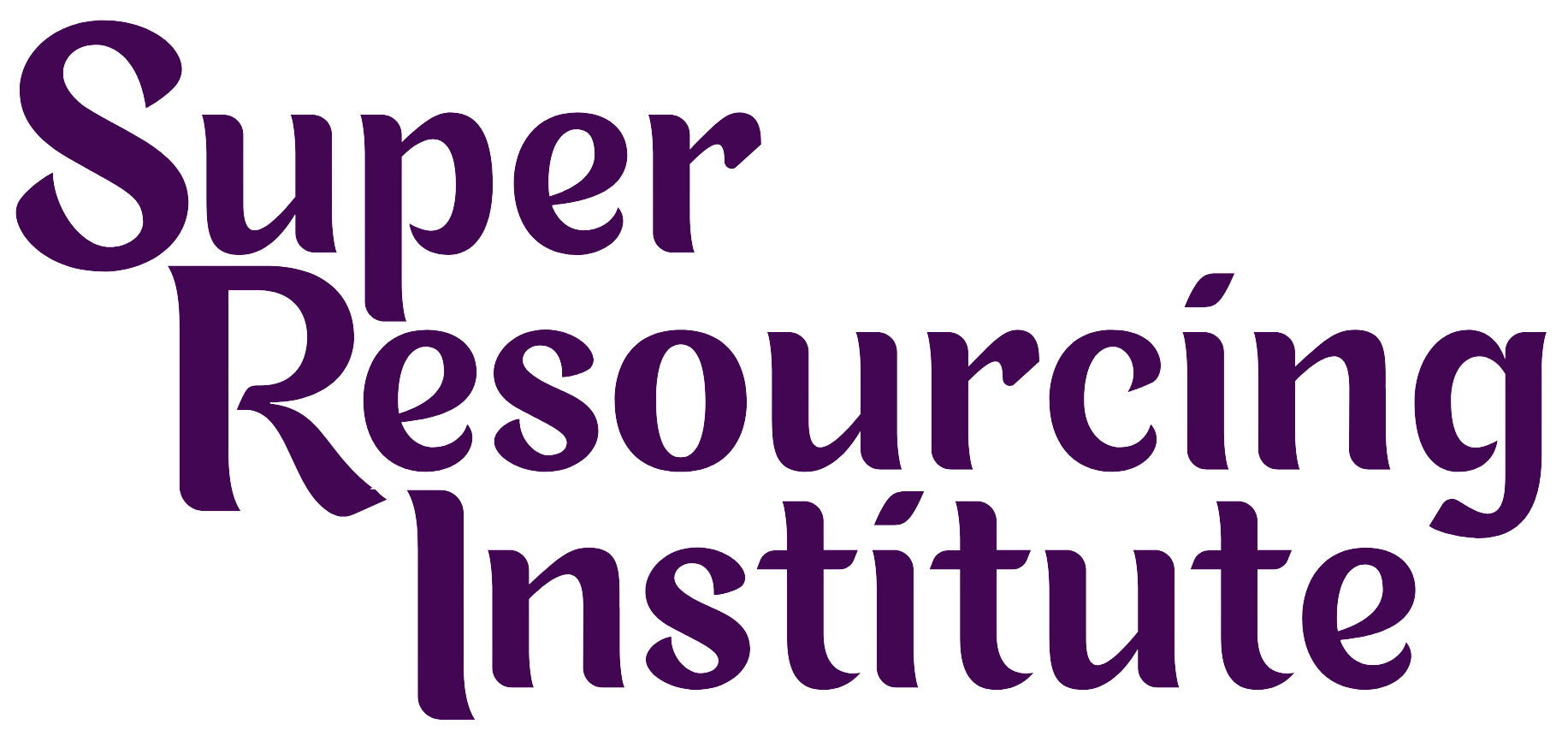For Clients: About Super Resourcing
What is Super Resourcing?
Super Resourcing (SR) is designed to help people who suffer from distressing attachment wounds, either from singular events or from long-term challenging experiences. These wounds may manifest in a variety of ways, including:
-
-
- Difficulties in maintaining healthy relationships
- A compromised capacity for essential trust of self or others
- A greater susceptibility to stress
- Difficulty regulating emotions
- Impulsive behaviors
- Social isolation
- Trouble sleeping
- Failure to reach out and initiate contact with others
- Feeling wary or doubtful of others
-

SR offers a new way of thinking about healing attachment trauma that is both creative and grounded in the current research on the neurobiology of trauma and attachment issues repair.
One of the foundational benefits of SR is that it presents a paradigm shift; it focuses on the development of positive resources for the part of you who experienced the trauma, rather than on the trauma itself. This results in a lowering of distress and facilitates an enhanced present-time experience of yourself. It maximizes the development of new and more positive neural networks and personal narratives. By frequently taking the trauma out of trauma processing, SR challenges the assumption that reprocessing traumatic memories is necessary for their resolution.
After a series of SR sessions, Janice states:
“You know, I feel so strong inside now, and I have my voice back. I know who I am. I don’t really care so much anymore about what my father did to me. I mean, it was wrong, what he did, and it’ll always be wrong forever, but I just don’t care anymore. It’s kind of crazy because even though he’s dead, it’s like he was haunting me and still yelling at me, just like he did when I was a kid. I will never, ever let anyone treat that little girl inside of me the way he did. Never ever. She’s safe now, and I’m taking my life back. I thought we were going to have to go into all those horrible things that happened. That scared me, and I didn’t want to do it, so I put off coming to therapy for years. It’s amazing that I could get over it without having to go through it.”
How is SR different from EMDR?

Trauma therapies like EMDR (Eye Movement Desensitization and Reprocessing) typically involve revisiting painful memories to help you process and heal from them. While this approach is effective for many, Super Resourcing (SR) offers a fresh alternative. With SR, there’s no need to relive or reengage with past trauma directly. Instead of walking through the fire of old wounds, you focus on building positive resources to heal and move forward.
Where EMDR emphasizes addressing trauma, SR harnesses the power of client-generated positive resources to create a safe and supportive healing environment. By integrating these resources neurologically, SR builds what’s called a Positive Field or Positive Matrix – a space designed for growth and increased wellbeing. In this way, the empowering focus on growth and possibility lies at the heart of Super Resourcing.
Unlike EMDR, which follows a structured eight-phase model, Super Resourcing is entirely client-centered. You set the pace, direction, and content of each session, making every experience unique. With SR, no two sessions are ever the same!
SR isn’t about dissecting your past.
It’s about uncovering who you truly are and stepping into the person you want to become.
Beyond resolving trauma, SR offers a range of benefits. It boosts creativity, helping you find innovative solutions to life’s challenges and enhances your confidence and resilience in dealing with the ups and downs of being human.
In short, Super Resourcing is a powerful, compassionate approach to healing that focuses on possibilities rather than pain. It helps you create a brighter, more empowered future – without the need to relive the past.
Find a Super Resourcing Therapist today
Super Resourcing Institute is proud to connect clients with therapists who can help. Contact our office today to be paired with one of the many Super Resourcing Therapists in our database.
